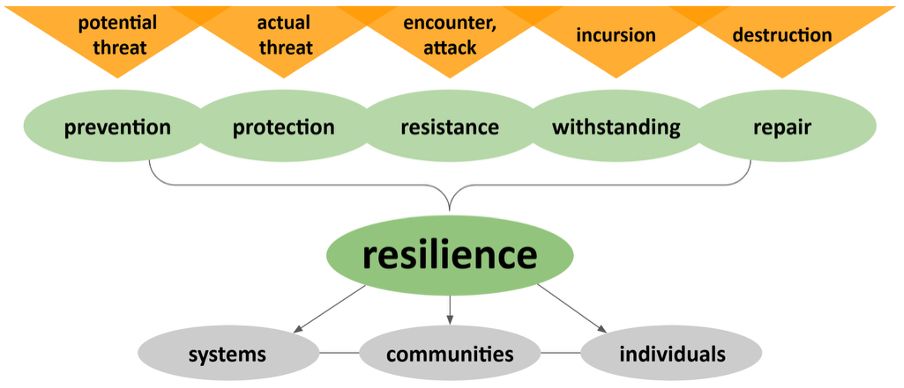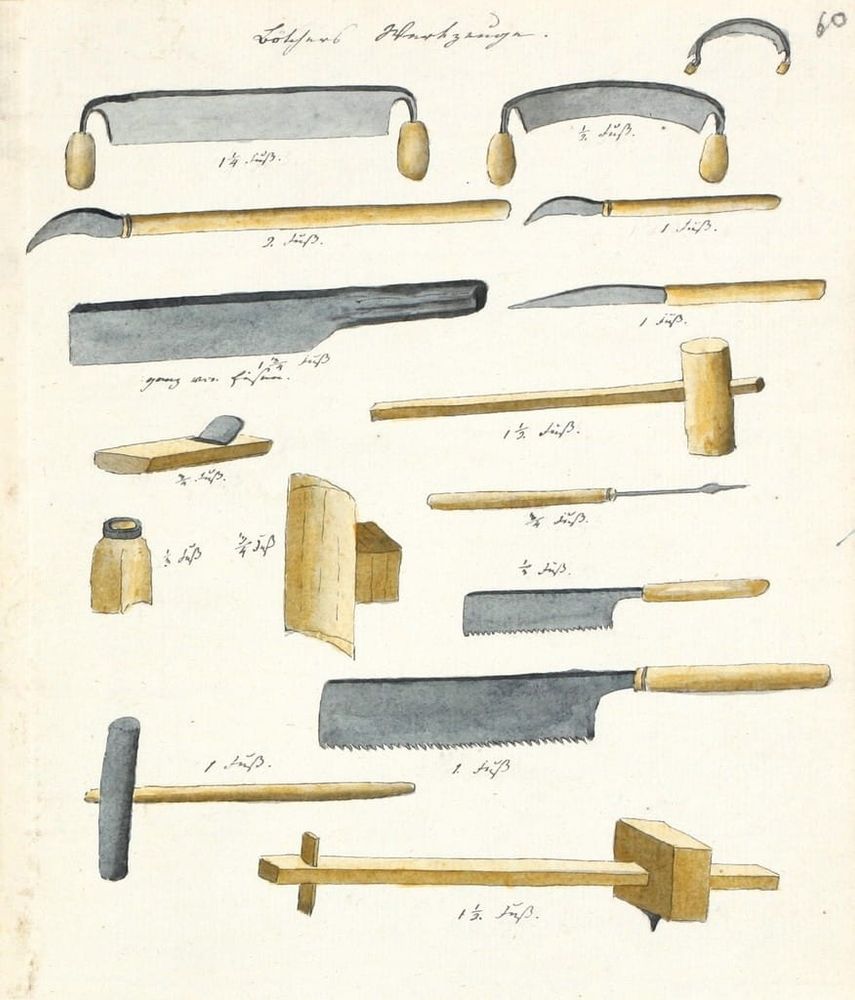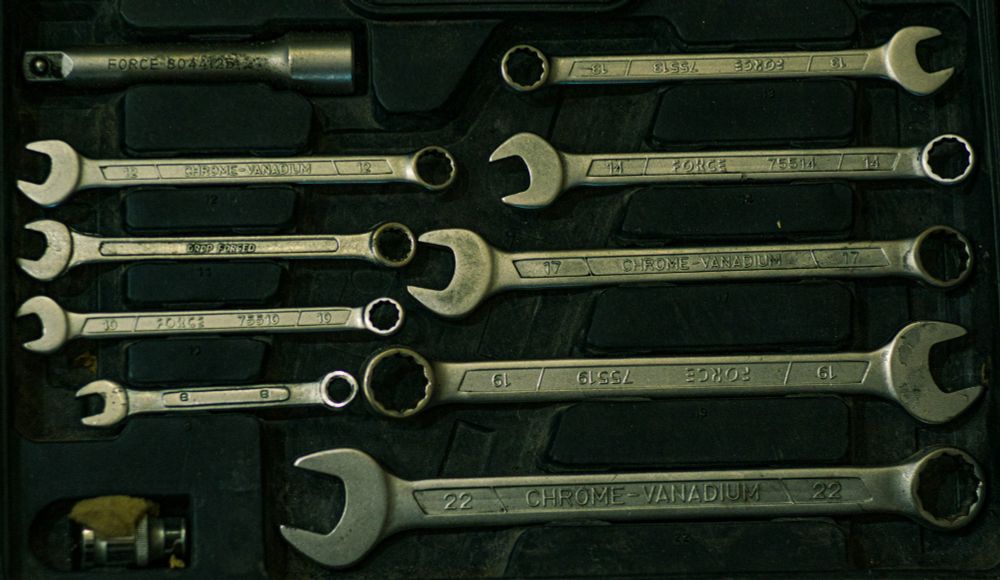

Replying to this post will make it show up in my blog.
#openscience #chemistry #opensource
Replying to this post will make it show up in my blog.
#openscience #chemistry #opensource
We now need broader adoption of Grant IDs by funders, publishers and individual researchers.
@barcelonadori.bsky.social

We now need broader adoption of Grant IDs by funders, publishers and individual researchers.
@barcelonadori.bsky.social
doi.org/10.59350/sch...
doi.org/10.59350/sch...
https://rogue-scholar.org/
I'm very happy to announce that he's now captured my old blog, Open Access News -- more than 16.3k posts, 2002-2010 […]
https://rogue-scholar.org/
I'm very happy to announce that he's now captured my old blog, Open Access News -- more than 16.3k posts, 2002-2010 […]

My hot take: this is good. But now AR should cement a constitution that ensures NFP operation and community governance cc @samuelmoore.org
www.annualreviews.org/pb-assets/as...
My hot take: this is good. But now AR should cement a constitution that ensures NFP operation and community governance cc @samuelmoore.org
www.annualreviews.org/pb-assets/as...
Registration: hu.berlin/infrawissblogs
More information can be found here: hu.berlin/infrawissblo...
@pampel.bsky.social @mfenner.bsky.social
Registration: hu.berlin/infrawissblogs
More information can be found here: hu.berlin/infrawissblo...
@pampel.bsky.social @mfenner.bsky.social
#MedLibs

#MedLibs
@jeroenbosman.bsky.social & @jeroenson.bsky.social explore this in a sharp post on Upstream: doi.org/10.54900/pqr...
They outline threats, map types of resilience, and remind us: open science isn’t just at risk…it’s also part of the solution.

@jeroenbosman.bsky.social & @jeroenson.bsky.social explore this in a sharp post on Upstream: doi.org/10.54900/pqr...
They outline threats, map types of resilience, and remind us: open science isn’t just at risk…it’s also part of the solution.
But it’s disconnected from the scholarly record and how science gets credited.
With support from NLnet, Sciety is working to recognise the crucial act of community curation
📝 blog.sciety.org/sciety-secur...

But it’s disconnected from the scholarly record and how science gets credited.
With support from NLnet, Sciety is working to recognise the crucial act of community curation
📝 blog.sciety.org/sciety-secur...
The one that annoys me most is being told I can't cite an unpublished PhD thesis. These are often really good!
With Wikipedia, you should probably cite the original source.
Editorials
Books
Reviews [some not all]
News reports
Data
Code
Websites
Social media posts
Citations are just links...intent varies 1/2
The one that annoys me most is being told I can't cite an unpublished PhD thesis. These are often really good!
With Wikipedia, you should probably cite the original source.













